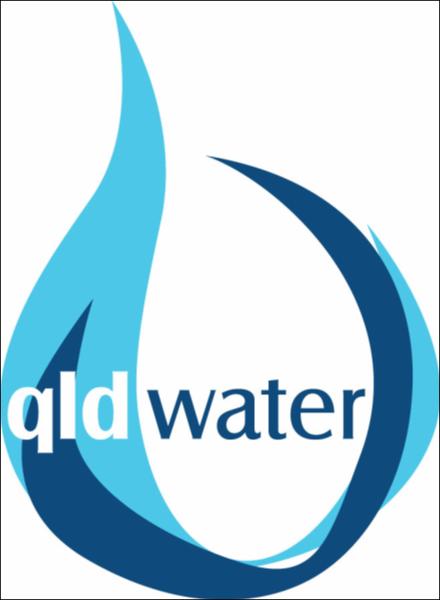
This competency is needed by people who are required to perform energy and mechanical isolation as part of their work tasks.
At the completion of this course you will understand why isolations are needed, isolation methods and risk management and isolations.
The course includes:
- Operate basic flow control and regulating devices in water or wastewater treatment network systems’ (NWP221A): Relevant lock-out procedures for mechanical and electrical installations
- Operate bore fields and groundwater source systems’ (NWP243B): Isolate mains and waterways and lock-out procedures for mechanical and electrical installations
- Monitor, operate and report wastewater pre-treatment processes (NWP264B): Lock-out procedures for mechanical and electrical installations
- Monitor, operate and report basic anaerobic processes’ (NWP270B): Lock-out procedures for mechanical and electrical installations
- Monitor, operate and report wastewater lagoon processes’ (NWP272B): Lock-out procedures for mechanical and electrical installations
- Monitor, operate and report ultraviolet irradiation disinfection systems (NWP273A): Lock-out procedures for mechanical and electrical installations
- Monitor, operate and report ozone treatment systems’ (NWP274A): Lock-out procedures for mechanical and electrical installations
- Monitor, operate and report chlorine dioxide systems’ (NWP275A): Lock-out procedures for mechanical and electrical installations

This unit of competency describes the outcomes required by a person who monitors, operates and reports on non-chemically assisted sedimentation processes within domestic and industrial wastewater treatment plants or stormwater systems.
At the completion of this course you will have knowledge of why the plant should be monitored, how to monitor the plant and actions to be taken as a result of monitoring the plant.
This course covers areas from the following units of competency:
- NWP260A Monitor and report water treatment processes
- NWP261A Operate and maintain water treatment plant and equipment
- NWP262A Monitor and report wastewater treatment processes
- NWP263A Operate and maintain wastewater treatment plant and equipment
- NWP264B Monitor, operate and report wastewater pre-treatment processes
- NWP268B Monitor, operate and report chlorine disinfection systems
- NWP270B Monitor, operate and report basic anaerobic processes
- NWP271B Monitor, operate and report sedimentation processes
- NWP272B Monitor, operate and report wastewater lagoon processes
- NWP273A Monitor, operate and report ultraviolet irradiation disinfection systems
- NWP274A Monitor, operate and report ozone treatment systems
- NWP275A Monitor, operate and report chlorine dioxide systems
- NWP276A Monitor, operate and report fluoridation systems

This course is designed to develop your knowledge and skills to monitor and control the flow of fluids.
At the completion of this learner resource you will have covered the following learning outcomes.
Knowledge of:
- The principles of how pumps work
- The reasons for energy loss in flowing fluids
- How fluid flow is controlled.
Practice in:
- Problem solving fluid flow systems.
If you have had experience working with this knowledge and these practices, you can check your current competency with the self-assessment checklist included in the Assessment Tool related to this resource.

Most operators in the water industry will need a general understanding of water chemistry as part of their job. Although water chemistry is not in itself a job role, it is necessary to know its principles to be able to perform a range of important job functions.
At the completion of this learner resource you will have a better understanding of the following topics:
- Chemistry of water
- Basic Atomic theory
- Chemistry in action
- Coagulation and flocculation

This course is designed to develop your knowledge and skills to help you perform accurate calculations quickly and confidently. If you are working in the water industry or in water resource management you will be able to use some of your actual workplace tasks and resources as learning activities for this learner resource. You will be given opportunities to find relevant information from your workplace, and you will be required to report on work activities linked to this particular competency to demonstrate how well you can apply the skills and knowledge you have developed.
Topics covered in this course include:
- Measurement and units
- Area and volume
- Size and significance of numbers
- Concentration and percentage
- Flow and pressure
